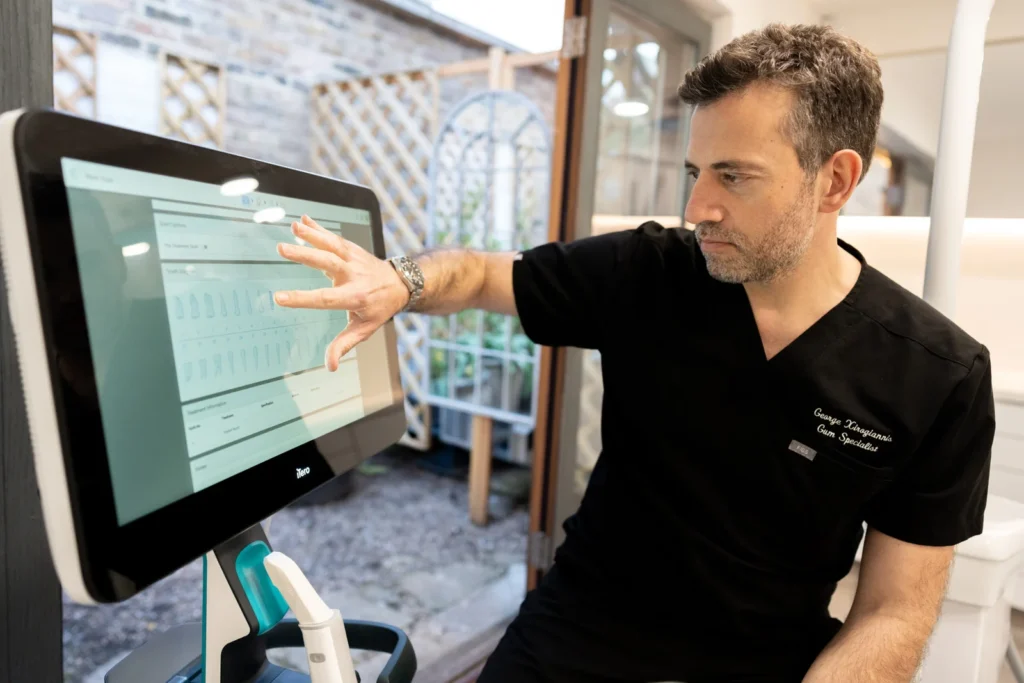Have you been experiencing persistent tooth pain or sensitivity? Wondering how dentists diagnose the need for a root canal? Let’s walk through the process step by step, so you know what to expect during the diagnosis.
Table of Contents
ToggleUnderstanding the Problem
Root canal treatment becomes necessary when the pulp inside your tooth becomes infected or inflamed. This can happen due to deep decay, a cracked tooth, or trauma to the tooth. For patients seeking root canal treatment in Fulham, timely care can help preserve the natural tooth and relieve pain effectively.
What Causes It
When the pulp tissue inside your tooth is damaged, it can lead to pain, sensitivity to hot or cold, swelling, or a pimple on the gums. If left untreated, the infection can spread, causing further complications.
How It’s Diagnosed or Treated
Diagnosing the need for a root canal involves a series of steps to pinpoint the issue accurately. One common method is pulp vitality testing, where the dentist checks the tooth’s nerve function to assess its health.
Additionally, root canal diagnostic tests, like X-rays or CBCT scans, help visualize the tooth’s structure and identify any infection or damage.
If the diagnosis confirms the need for a root canal, the procedure typically involves removing the infected pulp, cleaning the inside of the tooth, and sealing it to prevent further infection.
What to Do Next
After a root canal treatment, your dentist may recommend a crown to protect the restored tooth and restore its function. It’s crucial to maintain good oral hygiene practices to prevent future dental issues.
If you experience any unusual symptoms post-treatment, such as severe pain or swelling, contact expert dentist in Fulham promptly for further evaluation.





